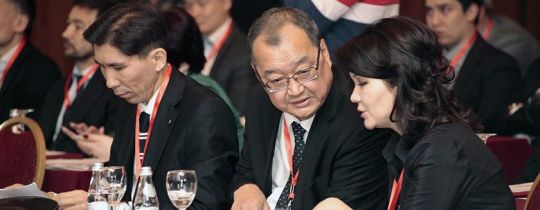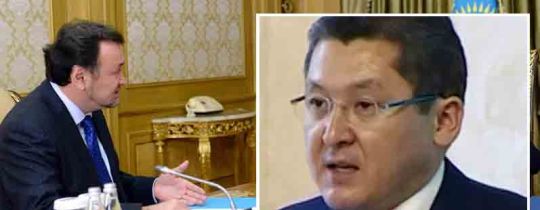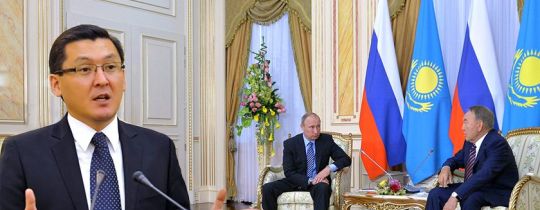On February 28, 2017, the National Bank of Kazakhstan (NBK) published quite an interesting an informative document on Kazakhstan’s balance of payment and the external debt of the country for the 9 months of 2016. We will comment on this document from the viewpoint of the economic and financial risks the country is now facing.
Akorda’s decision to allocate 2.1 trillion tenges for the revitalization of the bank system has caused a heated discussion in the country. The reaction of the international credit rating agencies, however, has been quite positive.
Experts on the Eurasian affairs are now discussing the upcoming visit of the new Uzbek president to Astana. One question in particular has aroused everyone’s curiosity. Why did Shavkat Mirziyoyev make his first official visit to Turkmenistan, why is he now coming to Kazakhstan and why, only afterwards, will he go to Russia?
In the previous articles on the subject of repressions, we showed how a political will of the highest Kazakh administration, coupled with present-day realities, turns lawful legal persecution into an instrument of reprisal against power opponents. It doesn’t matter whether the opponents are political or personal in nature.
Kazakhstan has an abnormally high external debt the origin of which cannot be explained just by the economic reasons. The National Bank of Kazakhstan, however, chooses to suppress this fact.
In our previous articles, we have noted that Kazakhstani regime’s war against corrupt officials, embezzlers and individuals who abuse their employment status had risen to the level of repressions and has a clear political motivation that often prevails over the legal part of individual criminal cases.






